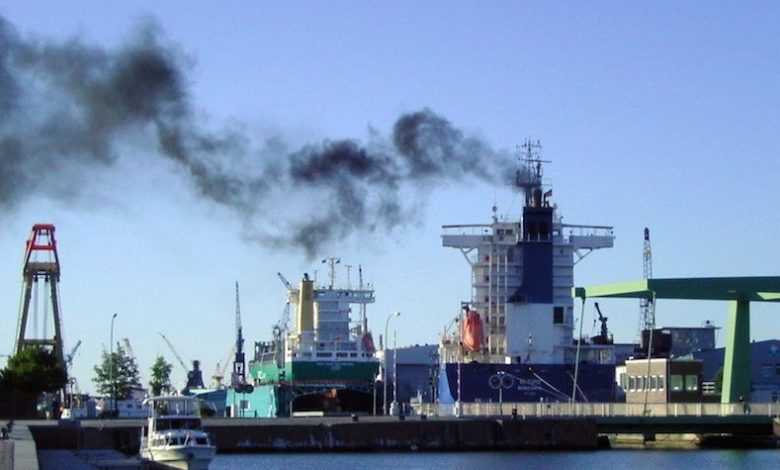Aviation’s emissions pledge shot down

As shipping powers meet in London for the keenly contested MEPC70 at the IMO, another maritime CO2 debate was unfolding in Copenhagen Monday afternoon where aviation came in for particularly harsh comments.
Henrik Madsen, former ceo of class society DNV GL, lashed out at an agreement thrashed out by ICAO, aviation’s equivalent to IMO at the UN, earlier this month on emissions reduction. Madsen, speaking at a Danish Maritime Days event looking at CO2 reduction in shipping, told delegates that the agreement ICAO had reached was “very weak” and was only binding from 2027. Air traffic could account for a quarter of all emissions by 2050 unless that sector did much more to reduce its carbon footprint, Madsen said.
“While shipping is in for a tough ride, aviation is in for a tougher ride,” Madsen maintained.
Jesper Stubkjaer, senior advisor at the Danish Shipowners’ Association, speaking at the same event, said EEDI will not be sufficient to meet the goals laid out by the COP21 Paris agreement.
“We see regulation as an important driver for innovation,” Stubkjaer said, adding that he felt IMO was best placed to institute these regulations.
“Now is the time for IMO to put down a roadmap for what shipping should deliver,” the Dane said, adding: “We sincerely hope that the IMO will be able to take a decision this week.” However, Stubkjaer warned there are still “strong forces” who don’t want any emissions cutting decision to be taken at this week’s MEPC meeting.
Madsen concurred, admitting that decisions on the speed and scale of enforcement could be difficult to seal agreement in London.
Madsen was in favour of shipping paying into a greenhouse fund and for that money to be used for R&D, for piloting new technology and paying the extra costs of pioneers within the industry.
When it comes to investing in new technology, James Mitchell, senior associate at the non-profit Carbon War Room, admitted: “Markets may not provide the necessary foresight for owners … who are focused on quarterly earnings.”
Mitchell added: “There is a very clear need for smart regulation and thought leadership from the boardroom to IMO. We need certainty for investment.”
Kjartan Ross, a manager at engine maker MAN Diesel & Turbo, agreed on the need for regulation. “Regulation would push innovative measures forward,” he said.
Capt Stefan Bulow, managing director HBC Hamburg Carriers, countered that any incoming regulations need to be done in the fullness of time. “Regulations should be done slowly – look at how many mistakes were made with MARPOL,” he said, adding: “If things are pushed too fast and are not correct things get difficult.”
Splash will be reporting from both Danish Maritime Days and the IMO’s MEPC70 gathering all week.
